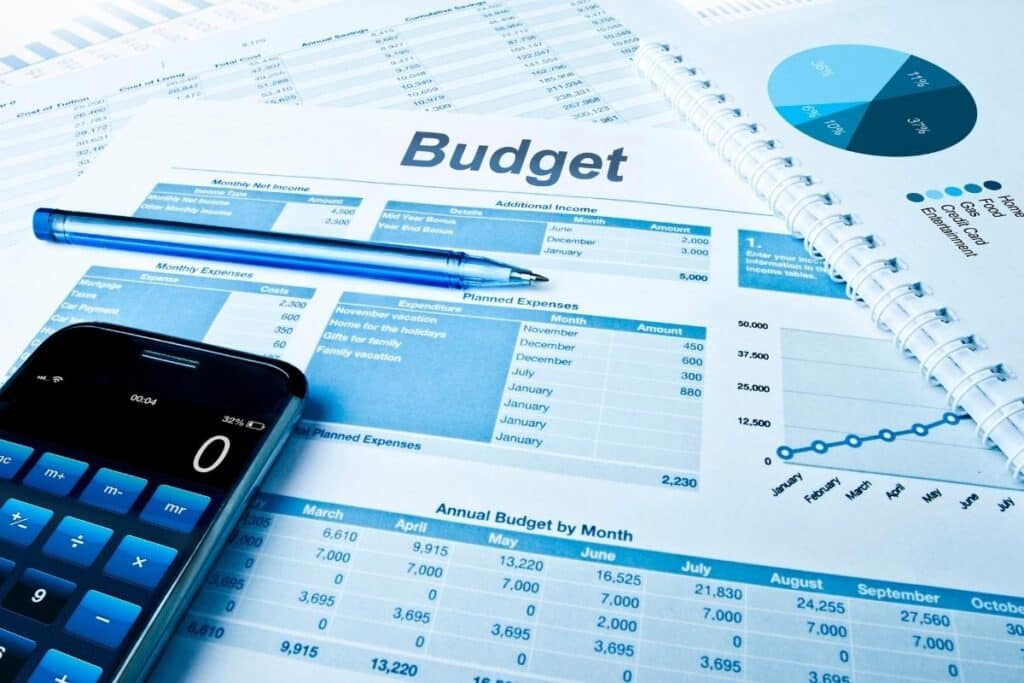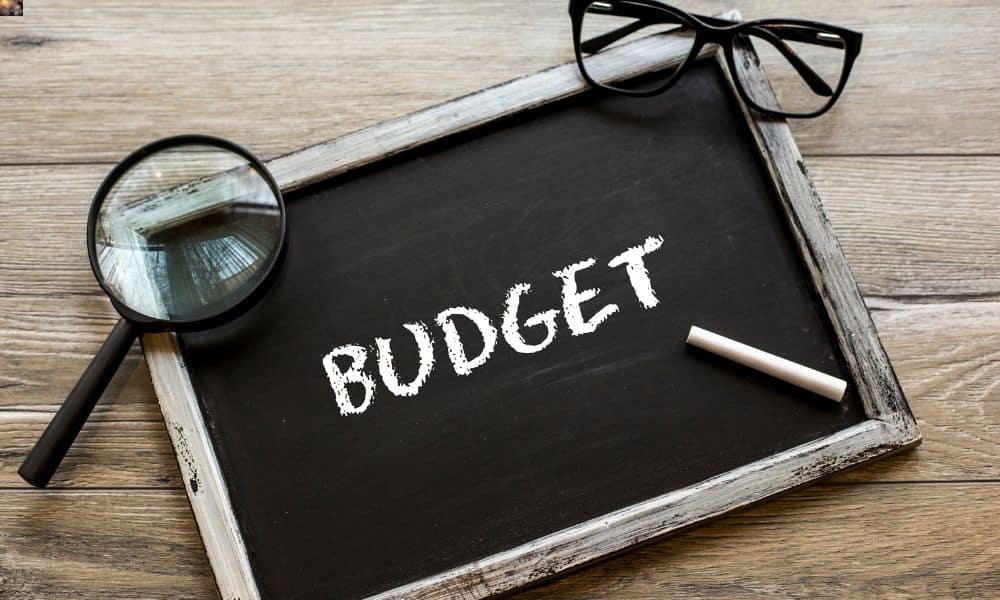Basic budgeting is the cornerstone of financial health. It empowers you to take control of your money, achieve your financial goals, and secure a stable future. But did you know that basic budgeting provides some insight into your health and fitness. This happens because food and exercise requires the same discipline, planning and execution as budgeting. In addition budgeting allows you to determine how much you plan to spend on your health and fitness.
Some important budget items that improve your health and fitness include food, activities, shopping, and memberships. In this comprehensive guide on budgeting basics, we’ll break down the steps to creating and sticking to a budget, ensuring a financially sound and stress-free life.
1. Assess Your Financial Situation
Begin your budgeting journey by evaluating your current financial standing. Take stock of your income, expenses, debts, and savings. This clear snapshot will be the foundation of your budget. You can use your bank or other online platforms to help you create a snapshot of your overall financial picture.
2. Set Clear Financial Goals
Define your financial objectives. Whether it’s paying off debts, saving for a vacation, or building an emergency fund, having clear goals gives your budget a purpose. Use SMART goals to set clear financial goals. SMART stands for specific, measurable, attainable, relevant, and time specific. An example of a SMART goal is to pay off your car loan in two years.
3. Create a Realistic Budget
Determine your monthly income and allocate it to various expense categories. Ensure that your spending aligns with your goals while allowing for savings and debt payments. Always start with your income since you can’t maintain longterm financial health if you are spending more than you are making. If your expenses exceed your income, you may need to increase your income by working a second job or reduce your expenses by finding cheaper alternatives to your expenses.
4. Track Your Expenses
Keep a record of every expense, from fixed bills to daily coffee runs. This tracking helps you identify areas where you can cut back. Using online platforms or computer programs like Excel or Numbers can help you track, reflect, and plan your budget.
5. Differentiate Between Needs and Wants
Distinguish between essential expenses (needs) and discretionary spending (wants). Prioritize your needs while trimming down your wants where necessary.
6. Build an Emergency Fund
Set aside a portion of your income to create an emergency fund. Having this safety net ensures you’re prepared for unexpected expenses without disrupting your budget.
7. Review and Adjust Your Budget Regularly
A budget isn’t static. Life changes, and so should your budget. Regularly review your financial situation and make necessary adjustments to meet your goals.
8. Automate Savings and Debt Payments
Automate your savings and debt payments. This ensures you stay on track and prevents overspending. Setting up transactions with your employer, bank, and creditors can help you automate your finances and improve your financial health. Also automating transactions forces you to plan how to better manage your money without involving your emotions.
9. Seek Professional Guidance
If you’re new to budgeting or dealing with complex financial situations, don’t hesitate to seek guidance from a financial advisor. Also you can use free financial applications like mint.com and creditkarma.com to track your finances and credit. These types of platforms provide you details about your finances with graphs and reports. Also they collect reliable financial data that can help you make better decisions
10. Stay Disciplined and Patient
Budgeting requires discipline and patience. Stay committed to your financial goals, even when faced with temptations to overspend. Thus when you improve your emotional and mental health you can stay committed to your budget. You can use a budget to evaluate how healthy your relationships and life are. People with healthy relationships and life make better decisions which lead to improved financial and physical health.
Conclusion
Mastering budgeting is your key to financial health. It offers security, peace of mind, and the ability to achieve your financial dreams. By assessing your situation, setting clear goals, and following the steps outlined in this guide, you can create a budget that not only works but also propels you toward a prosperous and financially secure future. Budgeting isn’t just about dollars and cents; it’s about creating a life of financial freedom and well-being.
If you or someone you know is looking to improve your health, share this article on Facebook or Twitter so that others can learn more about self-care.




